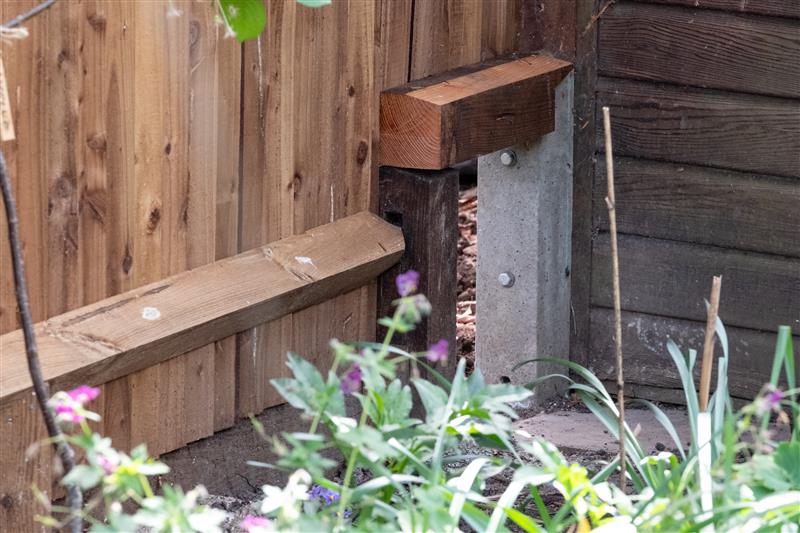Animal rescue stories are some of the most popular on the internet, from adorable baby beavers to kittens with four ears. However, while the rescuers might have good intentions, “helping” can sometimes do more harm than good. Recent research into the UK hedgehog population has revealed the right times to step in to help our prickly friends, and when to leave well alone.
The European hedgehog (Erinaceus europaeus) is a wild species native to the UK and widespread across much of Europe. In the fall months, the small mammals prepare to hibernate for the winter and stock up on worms and insects to build fat stores. Hedgehogs then spend much of the winter through to March and April curled up asleep avoiding the worst of the weather.
However, climate change has meant that more and more hedgehogs are seen later into the year, confusing the kind-hearted public about whether they need some help.
Hedgehogs are an incredibly well-known and favored British animal and as such, around 300 hedgehog rescue centers are present across Britain and the Channel Islands, according to a study from 2022. They are the most rescued wild animals in Britain.
However, capturing and transporting wild animals, even with good intentions, can cause further harm and stress to them. People have also been advised in the past to rescue hedgehogs themselves and keep them inside until the spring, especially when it comes to smaller hedgehogs – but this advice is now changing.
Small hogs have been shown to be able to survive the winter months, and not always need “rescuing”. Some rescue centers will also keep hedgehogs over the winter, instead of releasing them in the colder months, meaning that they can miss the breeding season.
While animals often need the help a center can provide, it can be the case that small hogs do not need to go to rescue centers and are therefore taking up beds that could be used for more severe cases.
Alternative ways to help hedgehogs include incorporating wildlife-friendly garden measures like this hedgehog highway.
Image credit: Lois GoBe/Shutterstock.com
Step in when:
- A hedgehog is visibly injured or seems unwell
- A hedgehog looks visibly underweight with pointed shoulders or hips visible
- A hedgehog is out in the middle of the day in autumn with any of the above problems
Don’t step in when:
- An active hedgehog with no injuries is wandering about at night
Other ways to help include leaving a gap in your garden fence to allow safe hedgehog passage, leaving clean water out for hedgehogs and other creatures to drink from, and encouraging insects into your garden with wildflowers. Long grass, compost heaps, and log piles can also benefit all manner of creatures, as well as purpose-built hedgehog houses.
It’s also important to be mindful of checking piles of leaves or bonfires before lighting them up too.
If you are concerned about a hedgehog, use a towel to place the animal in a high-sided box and contact your nearest vet or animal sanctuary for advice.
[H/T: The Conversation]
Source Link: The Most Rescued Wild Animal In Britain Might Not Need Your Help
